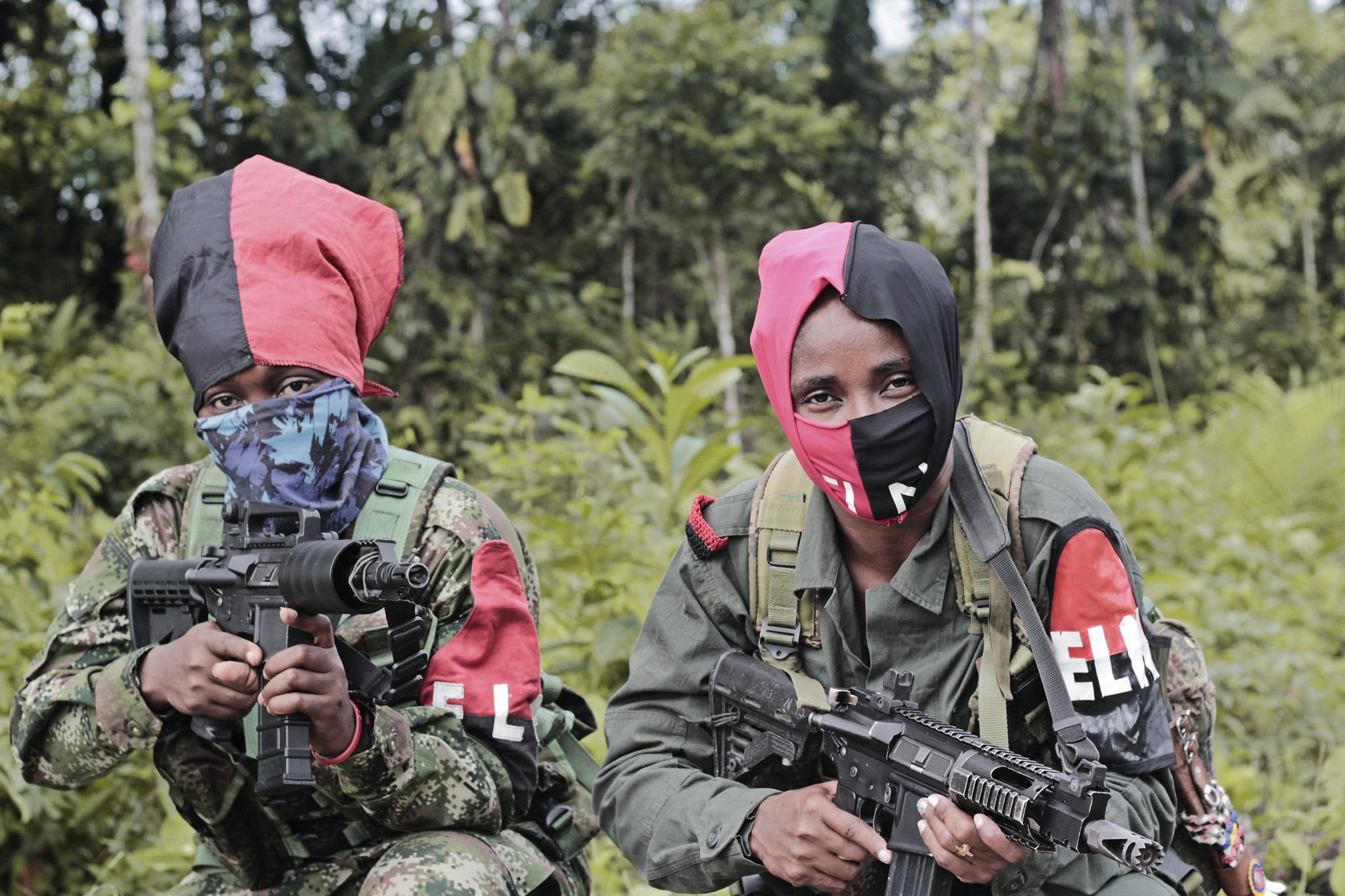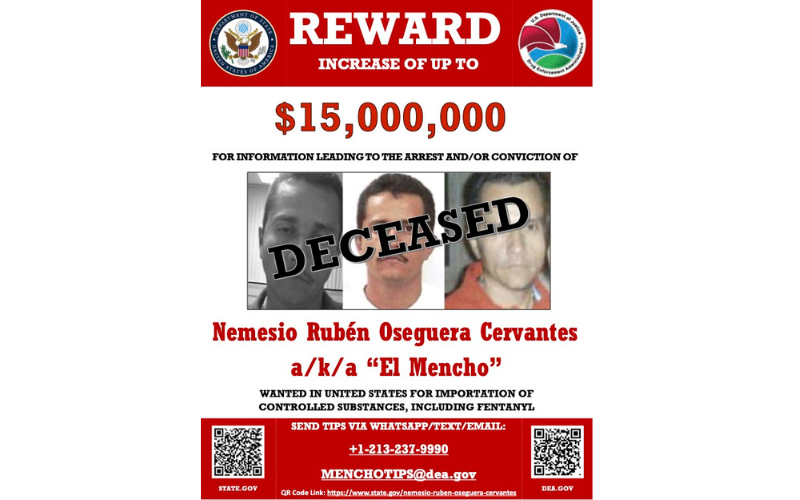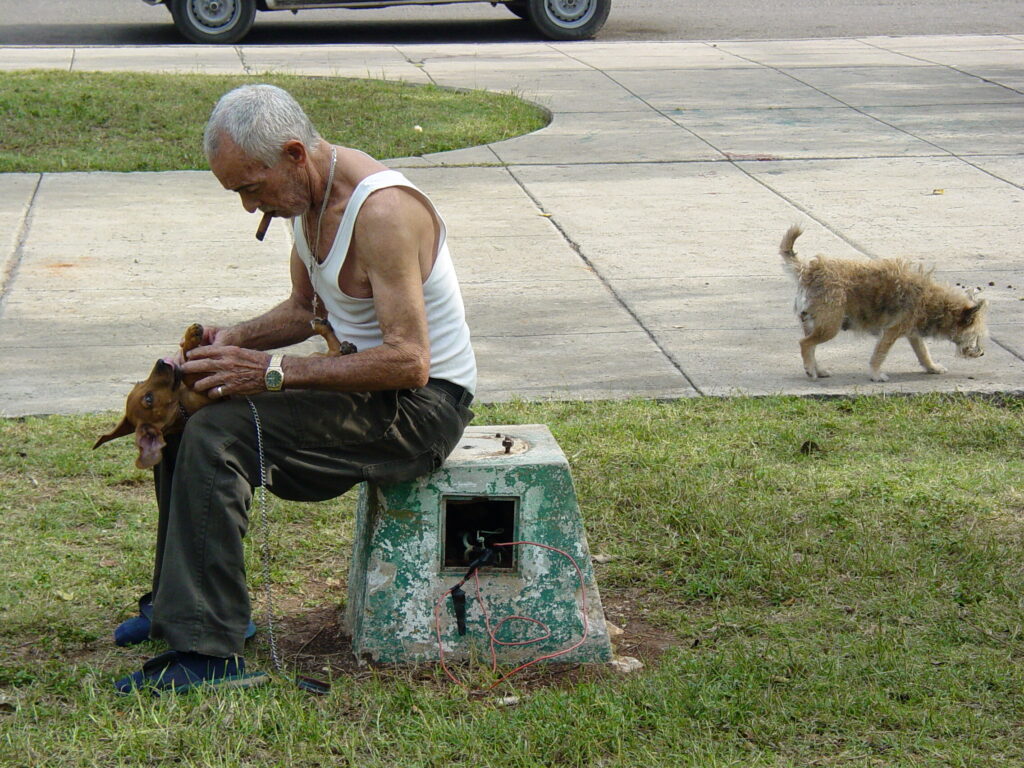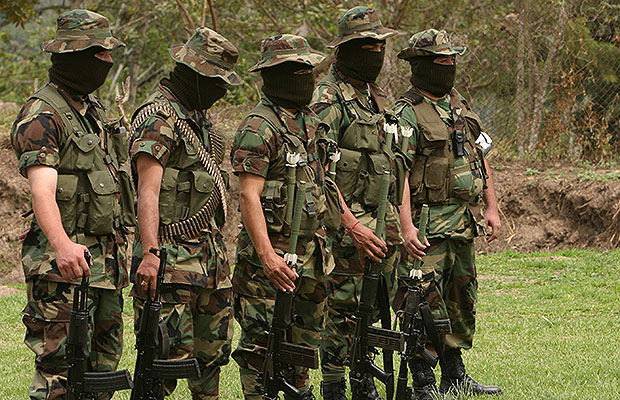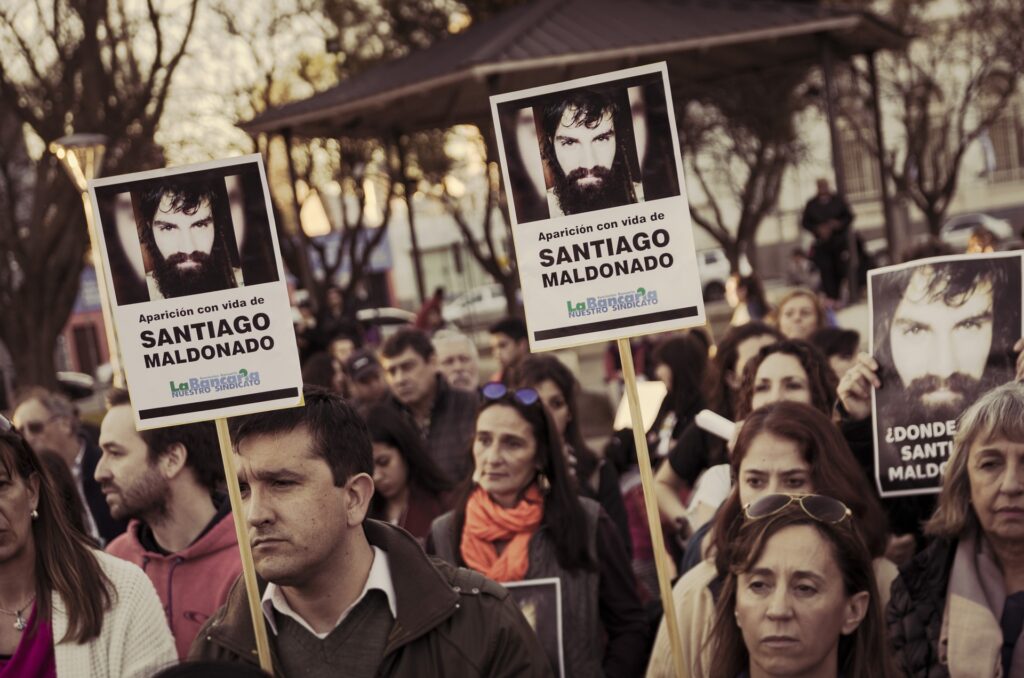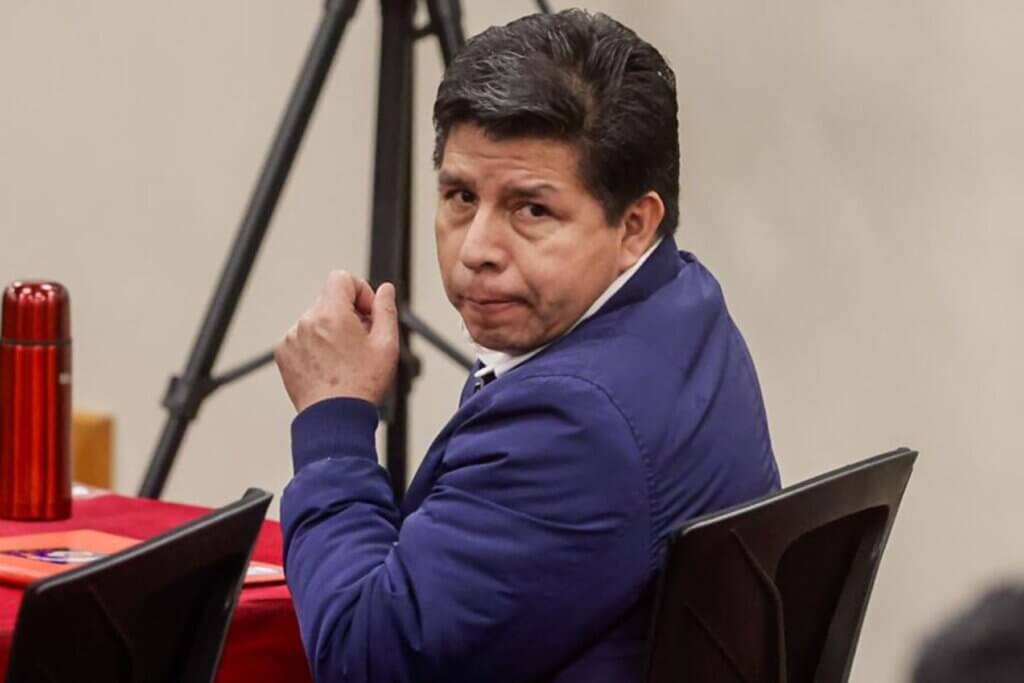Medellín, Colombia — In a letter to President Gustavo Petro, the peace secretary for Colombia’s third largest city, Cali, outlined a five-step strategy to stop conflict in the Valle del Cauca department.
Secretary for Peace and Culture Fabio Cardozo sent the letter on February 28, expressing his concerns about the violence in the region, caused by the presence of several armed groups.
“Our old and beautiful mountain ranges, rivers and mountains have been witnesses and victims of the ferocious wars that have made the entire population of the department of Valle del Cauca and the wonderful Pacific coast suffer,” Cardozo wrote to President Petro.
He continued by claiming confidence “that total peace is possible and must be promoted and implemented throughout the national territory,” before proposing a five-step humanitarian agenda aimed at providing relief to those most affected by the renewed conflict.
Cardozo’s five-steps to peace
1. A ceasefire with all active illegal armed groups currently in dialogue with the government.
Ceasefires are often important first steps in peace negotiations. According to Rosemary DiCarlo, Under-Secretary-General for Political and Peacebuilding Affairs at the United Nations, “Ceasefires are a major opportunity to set the foundation for inclusive and comprehensive peace talks.”
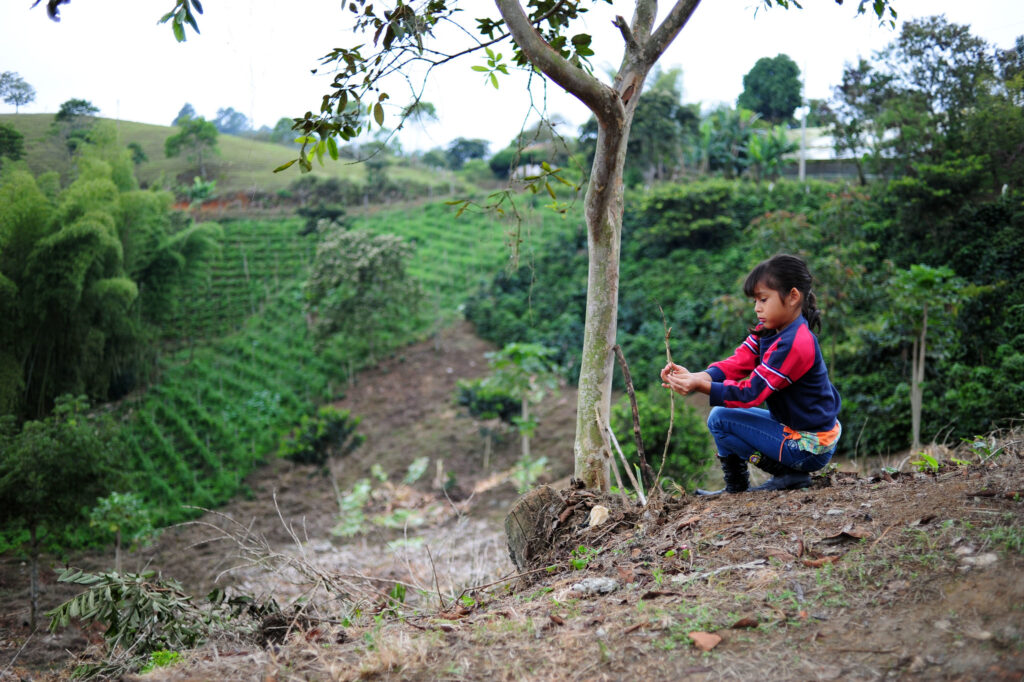
2. A pause in hostilities to allow civilians to be saved from positions of danger.
Cardozo uses three examples:
– Agreements to end all forced recruitment, especially in the case of minors.
– The lifting of spatial confinements that prevent communities from surviving.
– The establishment of humanitarian corridors that allow for aid to reach those in need.
3. Define a “camp strategy,” localizing individual groups during ceasefire implementation.
Cardozo suggests that each armed group should be allocated a given area, facilitating the process of negotiation with the government regarding the peace proposal. In fact, he explicitly puts forward recommended locations for some active armed groups.
He claims that the Jaime Martinez front of FARC dissidents, for example, should be “encamped in a space between Liberia and the Naya,” two points in the rural Jamundí region of the Valle del Cauca. The National Liberation Army (ELN), meanwhile, would be relocated to a point on the coast of the San Juan River, on the border with Chocó.
For Cardozo, the ceasefire cannot be verified “if the current dispersion of armed forces continues,” making it difficult for security forces to control the territory. He states that the verification “could be carried out by international organizations with the support of local and regional institutions.”
4. Allow ELN leaders to return to the country in order to promote peace proposal talks among their ranks.
Late last year, peace talks between the ELN and the Colombian government were revived as they met in Venezuela to discuss a new approach. Talks had broken down in January 2019 after an ELN car bombing in Bogotá, one of many setbacks during the administration of former President Ivan Duque, who was seen as opposed to the peace process.
Talks resumed last month in Mexico City, after tensions had risen at the beginning of the year following the Colombian government’s jumping the gun on announcing a ceasefire with the ELN in December, prompting the armed group to publicly deny any truce, labelling it “merely a proposal to be considered.”
Cardozo hopes that allowing ELN leaders to return to the country will help soften their stance in the government’s pursuit of peace.
5. Resume the process of clearing landmines agreed in the 2016 peace agreement between the government of Juan Manuel Santos and the FARC.
Cardozo claims that the de-mining process was stunted by the mutual resentment between ex-guerrillas and security forces. He praises Petro’s government for having “a genuine vocation for peace that would give us the confidence to move forward and kickstart the demining process.”
However, Cali Councillors Roberto Rodríguez Zamudio and Carlos Andrés Arias Rueda have since come out rejecting Cardozo’s proposal. Zamudio suggested the peace secretary should focus on his duty to ensure the security of Cali’s citizens, rather than “coming out to do favors for the armed groups.”
President Petro is yet to share his response to Cardozo’s letter.


